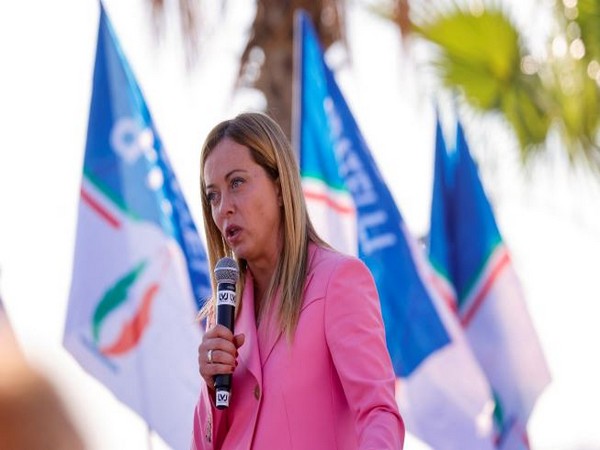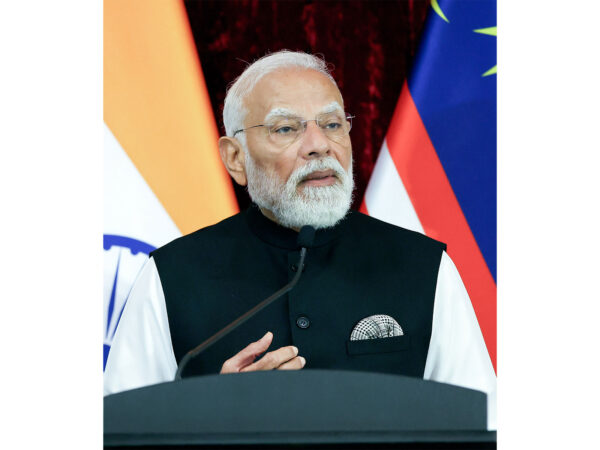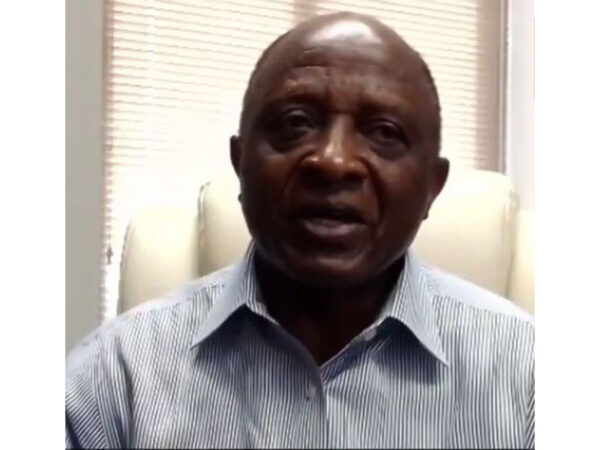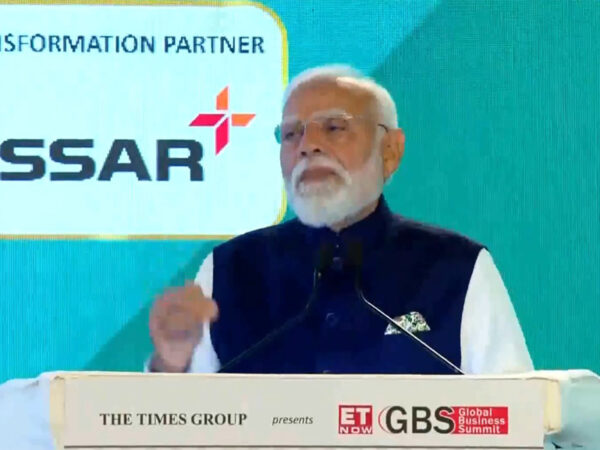
Italy Must Lead Europe Against China’s Bellicose Ambitions: Think Tank
Italian Senators through a dialogue on democracy urged the Italian government to lead Europe against China’s bellicose ambitions.
“When the Italian government under Prime Minister Conte signed the Belt and Road Initiative MoU with China, it was something “abnormal” said former Senator Luigi Campagna in the concluding remarks at the Dialogue on Democracy: The future of the Indo-Pacific, held in Rome on November 24th at Villa Malta.
The Dialogue on Democracy was launched in April 2022, to bring together members of parliament, social activists, and thought leaders from various democracies on one platform. “While action against China is important, it is essential for Italy to ally closely with India, as only this will help Italy counter Chinese pressure”, he said.
The event in Rome had Senator Giulio Terzi di Sant’Agata, President of the Permanent Commission on European Affairs of the Italian Senate launch the discussion by bringing into context the importance of the Indo-Pacific and the time in history today where there is a grouping of democracies and a grouping of autocracies, led by China.
While the new Italian government, led by Italy’s first female Prime Minister, Giorgia Meloni is unlikely to renew the Belt and Road Initiative (BRI) MoU signed by the previous government of Prime Minister Conte, it is also expected to be tough on China. Senator Terzi, a former Minister of Foreign Affairs and a career diplomat, has a long history of calling out China on its human rights abuses.
In a recent interview with the Italian magazine Verita, Senator Terzi said “The ecological transition as interpreted by China, with the senseless exploitation of African mineral resources, contributes to inhuman working conditions contrary to international conventions, to the depopulation of agricultural areas and in general to the impoverishment of vast territories. These are factors which in the last ten years have contributed to an increase in migratory flows towards Europe”.
“The Indo-Pacific is of strategic importance to Europe and Europe is unable to address this elephant in the room in one voice” said Thibault Muzergues, the Program Director for the International Republican Institute referring to Europe’s inability to deal with China with a united policy and voice. He also referred to Italy’s importance in developing an enlarged Mediterranean strategy that was directly connected to the Indo-Pacific. “We are now in a generational struggle between autocracies and democracies”, he said.
“All countries in the Pacific, except Russia and China, have a great interest in keeping the seas, from the North Sea to the Pacific, as free and liberal, not (as) Mare Nostrum, but Mare Liberum,” he added.
Laura Harth noted human rights activist and political analyst expressed her disappointment at a muted European policy which each country designed towards China depending on independent needs. While the Italian parliament was considering sanctions against China for their oppression of Uyghurs, parliamentarians were getting lobbied by Italian business people who called and wrote at the request of their Chinese partners, the Chinese consulate and embassy in Italy, and the Italian embassy in Beijing, she said. She also expressed her deep disappointment that European leaders still wait to be summoned to President Xi’s court and the pacification of Xi follows the same path as the pacification of Russian President Putin a decade ago, something that Europe and Italy are currently paying a heavy price with the Russian invasion of Ukraine.
Former Undersecretary of Foreign Affairs, Gianni Vernetti, who has written extensively about the struggles in Hong Kong, Taiwan and Tibet in his book “Dissidenti” (Dissidents, Rizzoli editors), spoke about the need stop tolerating China’s repressive policies, whether at home or abroad.
He mentioned China’s transition to absolute power, especially after the third election of President Xi Jinping as the supreme leader.
China’s aggression is not only a threat to the Tibetan or Taiwanese people but there is also no more Hong Kong left. Any hopes of the “one country two systems” promise made at unification now have been violently dashed by Beijing, a fate already faced by the Uyghurs, and Tibetans and awaiting Taiwan in case of unification.
“Europe must be united and aggressive in its answer and must lead as the head of all democracies against such bellicose ambitions,” he said.
Marco Respinti, editor of bitterwinter.org and veteran journalist brought up fears of being prosecuted even as a foreign citizen not living on Chinese territory, under new laws to suppress dissidence and free speech in China and Hong Kong.
With illegal Chinese police presence in almost all Western countries, including Italy, even non-Chinese nationals have to worry about expressing their opinions as journalists and private citizens when they speak against China, he cautioned.
Terzi summed up that Italy’s special transatlantic identity is on a different plane from even France and Germany. The current government will continue to persevere to defend democracy and freedoms, even in the face of great economic pressure from China. (ANI)
Read More: http://13.232.95.176/



